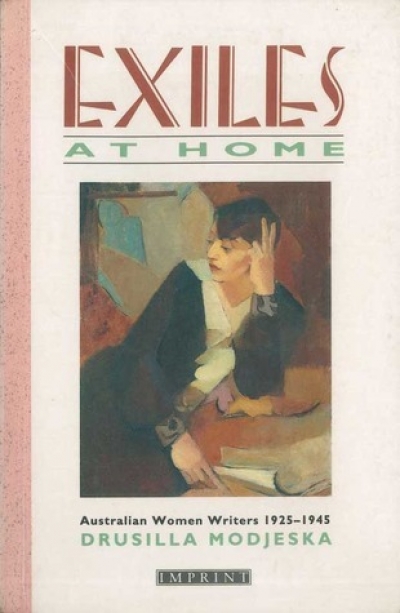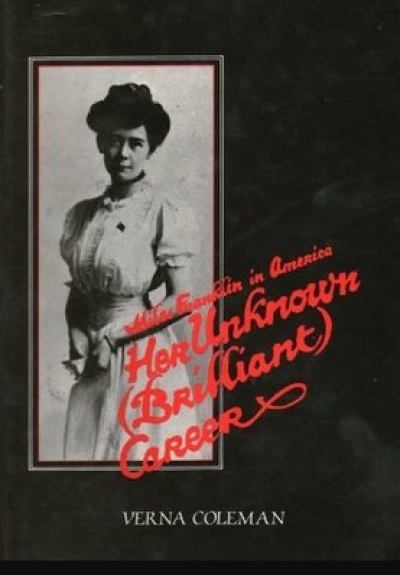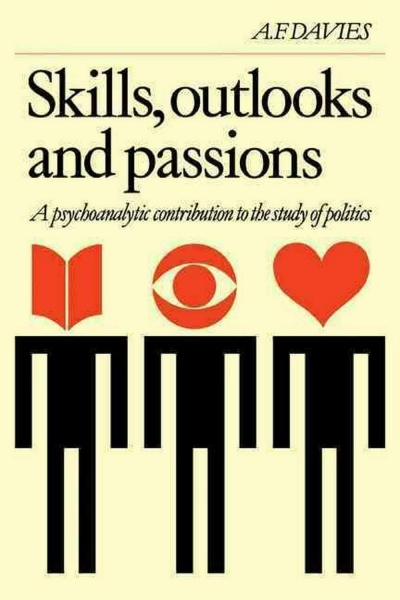Archive
Exiles at Home: Australian women writers 1925–1945 by Drusilla Modjeska
by Judy Turner •
Power Conflict and Control in Australian Trade Unions edited by Kathryn Cole
by Leo Hawkins •
Her Unknown (Brilliant) Career: Miles Franklin in America by Verna Coleman
by Beatrice Faust •
Skills, Outlooks and Passions: A psychoanalytical contribution to the study of politics by A.F. Davies
by Jocelyn Clarke •
Mucking Around: Five continents over fifty years by Naomi Mitchison
by Stephen Murray-Smith •










